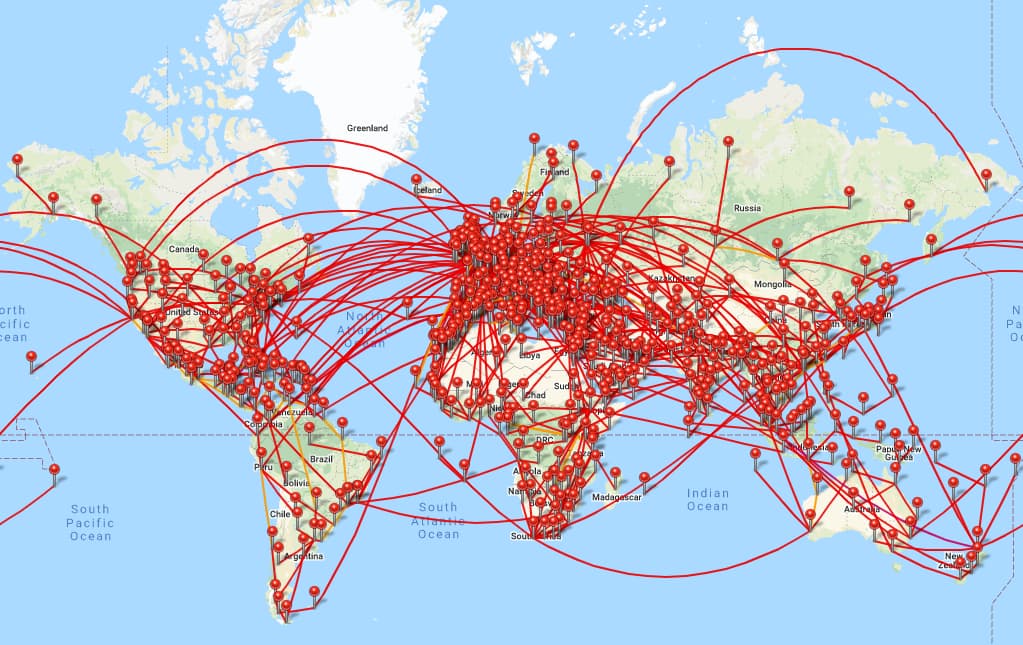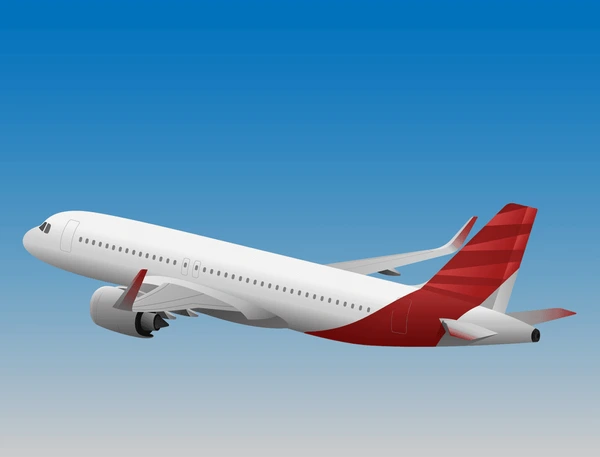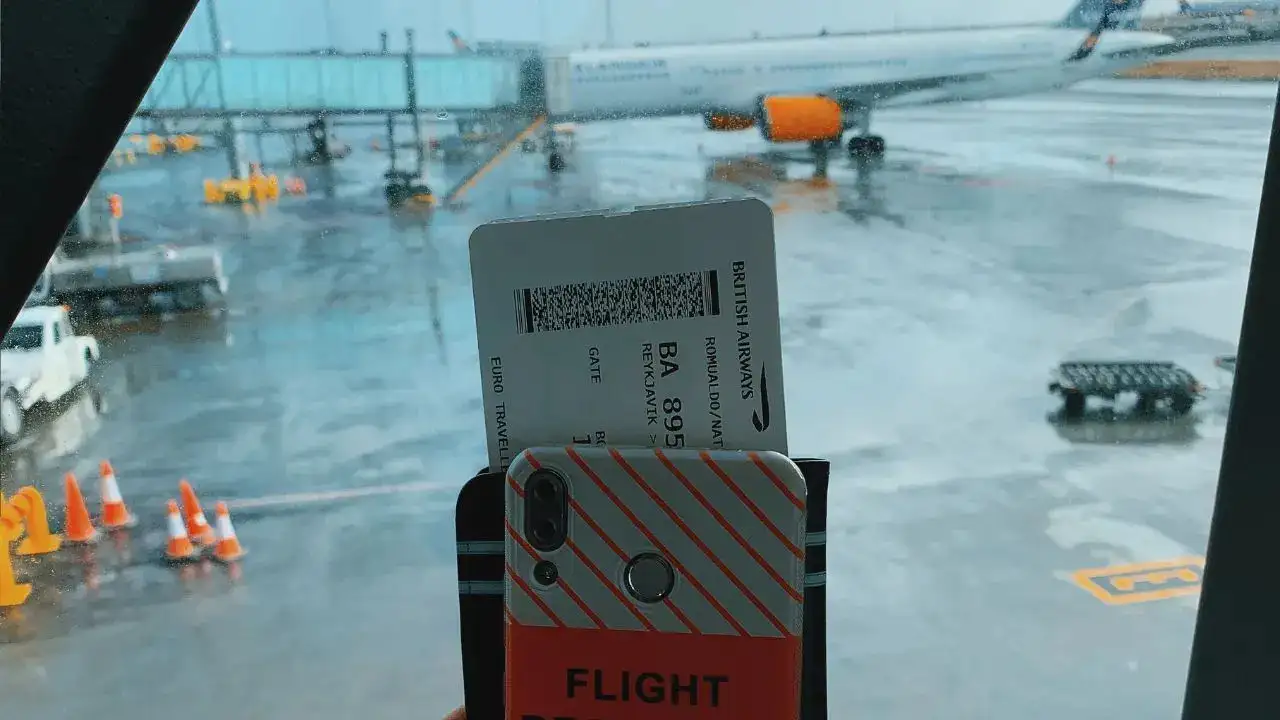Africa is becoming more connected than ever, by air. In 2025, several major international carriers are launching new routes to key African destinations, signalling renewed confidence in the region’s travel potential.
Africa is becoming more connected than ever, by air. Once known for limited direct access and long layovers, the aviation landscape across the continent is rapidly changing.
As tourism grows, business ties strengthen, and diaspora communities seek smoother travel options, airlines are stepping up to meet the demand.
In 2025, several major international carriers are launching new routes to key African destinations, signalling renewed confidence in the region’s travel potential.
This uptick in connectivity isn’t just good news for passengers, it also bodes well for trade, tourism, and investment. Increased air access can lower costs, boost local economies, and position Africa as a central player in global travel.
Here is a look at some of the most exciting new flight routes to Africa in 2025, which are making the continent more accessible, according to Condé Nast Traveller.
Virginia to Dakar, Senegal with United Airline
Starting May 23, 2025, United Airlines will introduce a new direct service connecting Washington Dulles International Airport (IAD) to Blaise Diagne International Airport (DSS) in Dakar, Senegal. The route will operate three times a week and will be served by a Boeing 767-300ER, marking a significant expansion of United’s African network.
Atlanta to Accra, Ghana with Delta
Delta Air Lines is set to launch a new seasonal daily route from Hartsfield-Jackson Atlanta International Airport (ATL) to Kotoka International Airport (ACC) in Accra, Ghana. Beginning December 1, 2025, the service will be operated with the modern Airbus A330-900neo, offering travelers a more seamless and comfortable connection between the U.S. and West Africa.
Atlanta to Marrakech, Morocco with Delta Airline
Delta expands its African footprint with nonstop service from Atlanta to Morocco’s “Red City.” When Delta Air Lines launches its inaugural flights from Hartsfield-Jackson Atlanta International Airport (ATL) to Marrakech Menara Airport (RAK) on October 25, 2025, it will join United Airlines as one of only two US carriers serving Morocco.
JFK, New York to Lagos with Delta Air Lines
Delta Air Lines has introduced a new seasonal route connecting New York’s John F. Kennedy International Airport (JFK) to Murtala Muhammed International Airport (LOS) in Lagos, Nigeria. Operating daily during the winter season with an Airbus A330-200, this new service complements Delta’s existing flights from Atlanta, offering travelers.
Paris to Tanzania with Air France
Air France has resumed operations to Tanzania after a 28-year hiatus, introducing three weekly flights from Paris-Charles de Gaulle Airport to Kilimanjaro International Airport (KIA) with a stopover in Zanzibar. The new route enhances connectivity between Europe and East Africa, opening up more travel opportunities to one of the continent’s most iconic destinations.
London Gatwick Airport (LGW) to Sal, Cape Verde with EasyJet
On March 31, 2025, EasyJet kicked off its first-ever sub-Saharan Africa service with a new thrice-weekly route from London Gatwick Airport (LGW) to Sal, Cape Verde (SID). Operated with the fuel-efficient Airbus A320neo, the budget-friendly flight offers travelers a convenient six-hour journey from London to the breathtaking island archipelago, making tropical getaways more accessible than ever.
Munich International Airport (MUC) to Windhoek, Namibia with Discover Airlines
On April 1, 2025, Discover Airlines, a Lufthansa Group carrier, introduced a new nonstop service connecting Munich International Airport (MUC) with Windhoek Hosea Kutako International Airport (WDH) in Namibia. The route operates three times a week, offering a smooth and convenient link to Southern Africa. In April, flights depart for Windhoek on Tuesdays, Thursdays, and Saturdays; from May onward, the schedule shifts to Wednesdays, Fridays, and Sundays.
Source : Africa Business Insider











